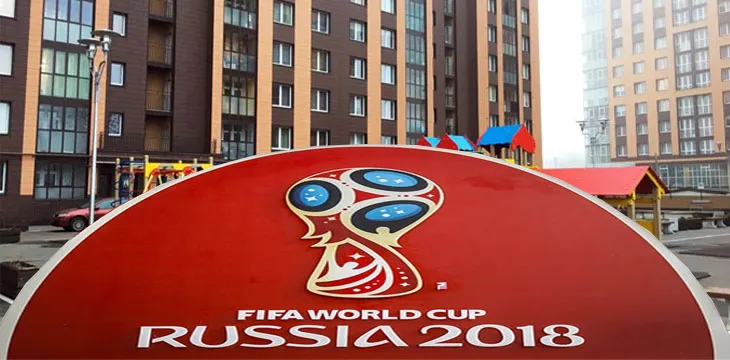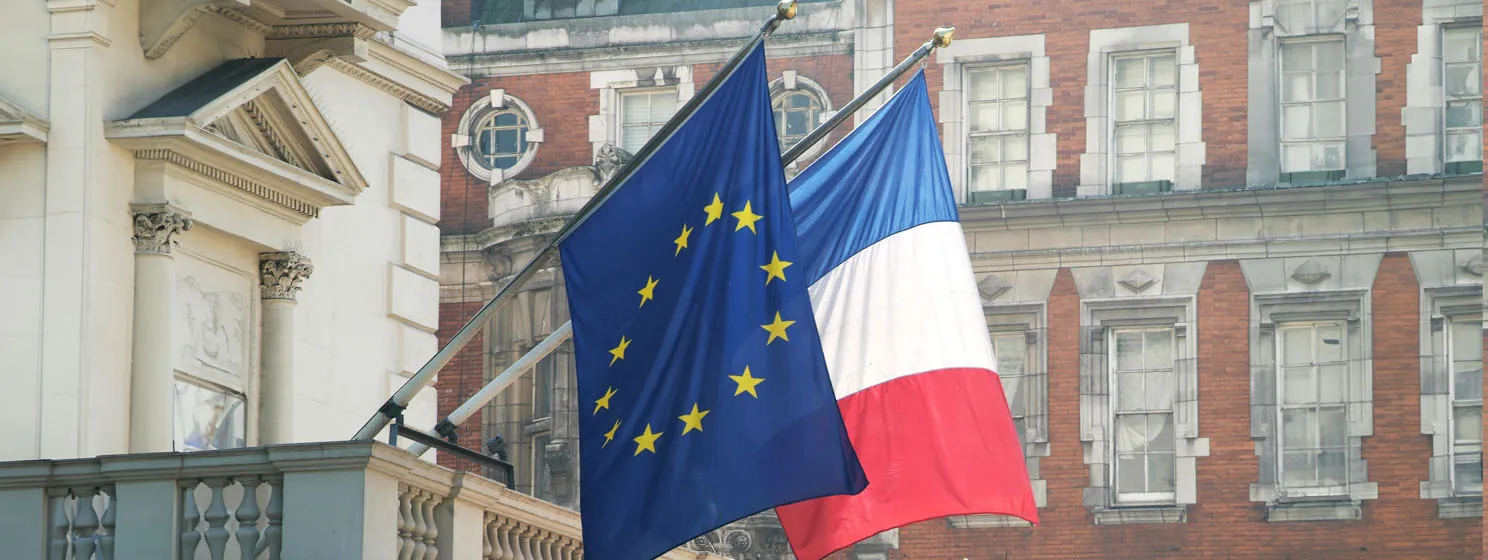|
Getting your Trinity Audio player ready...
|
For any cryptocurrency enthusiasts who want to travel to Russia for the FIFA World Cup 2018 games, this is for you. One established hotel, Apartments Malina in the city of Kaliningrad has announced that it will welcome with open arms any guest who wishes to pay for their accommodations in cryptocurrency.
Anna Subbotina, the manager of Apartment Malina, was quoted by Buying Business Travel Russia saying, “Cryptocurrencies are now enjoying increased interest. Gradually they will come into use as a means of payment. And we decided that the fans should be able to pay for our services with the help of this innovative technology. It may very well be that other hotels are awaiting our example for the forthcoming football holiday.”
To facilitate crypto payments, Malina has partnered with Russian online payment service Free-Kassa. It gives retailers the ability to take payments using any electronic currency, text messages, banks cards and wire transfers. There are more than 72,000 retail establishments that utilize Free-Kassa’s platform.
The World Cup will get underway this June, running until the middle of July. Kaliningrad will host four of the matches, on June 16, 22, 25 and 28. It’s possible, given the fact that Malina has now broken the ice, that hotels in other cities that are hosting games could follow suit. In addition to Kaliningrad, matches will also be held in Moscow, Saint Petersburg, Nizhny Novgorod, Samara, Sochi, Rostov-on-Don, Volgograd and Saransk.
Russia is currently in the process of establishing policies regarding cryptocurrencies and initial coin offerings (ICOs). An initial draft of legislation, entitled “On Digital Financial Assets,” was published last month, but was subsequently recalled as several legislative bodies requested changes. Input is being gathered by the Ministry of Economic Development, the Ministry of Justice, the Central Bank of Russia and the Ministry of Communications to develop the country’s digital asset policies. The legislation has been welcomed by most government bodies, with the exception of the Ministry of Finance (MOF). The MOF, unlike the other bodies, wants to maintain a hard stance on cryptocurrencies. It has, however, shown some support, providing a definition of what digital currencies are. It legally defined the asset class as financial assets, and not a legal form of payment.

 09-18-2025
09-18-2025 





